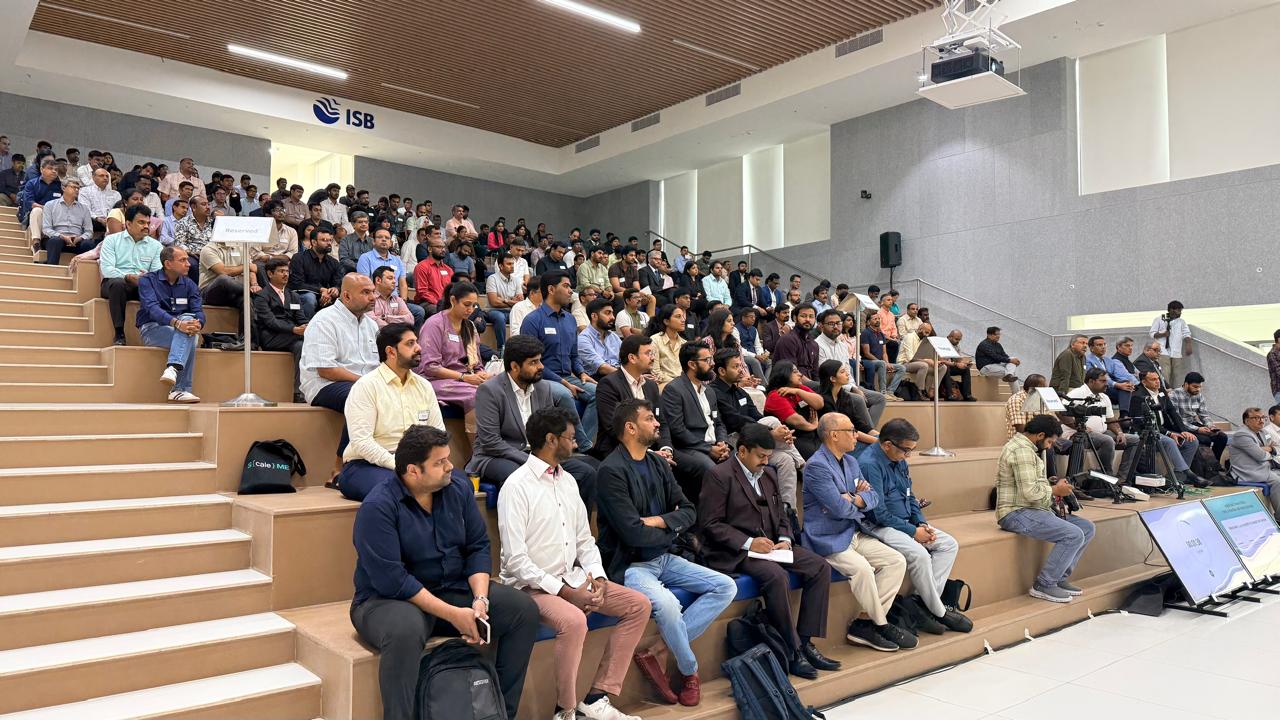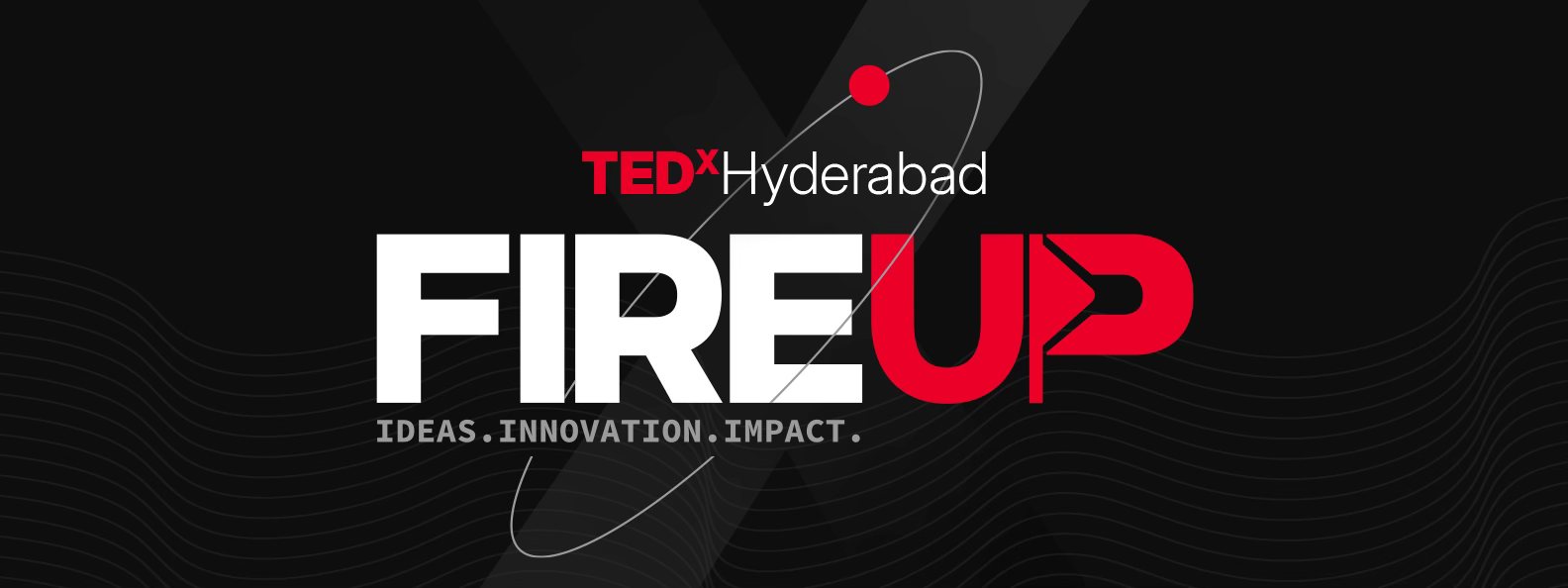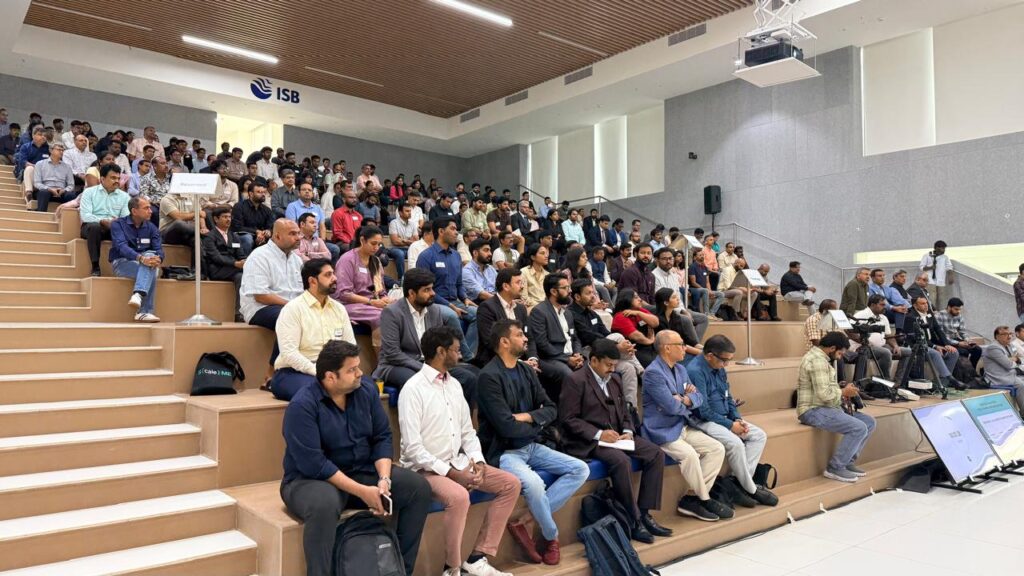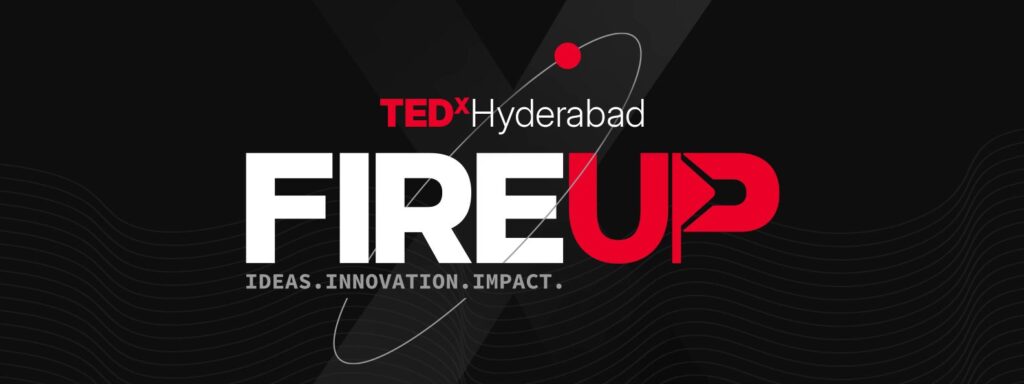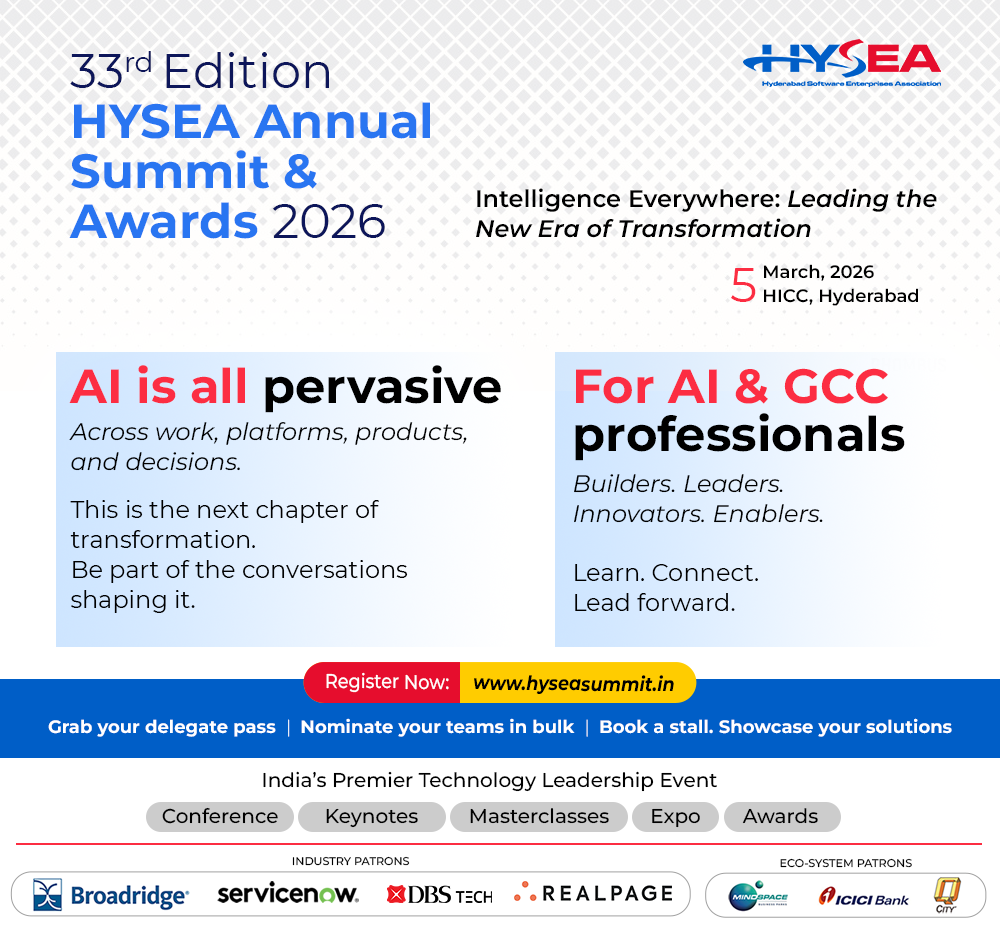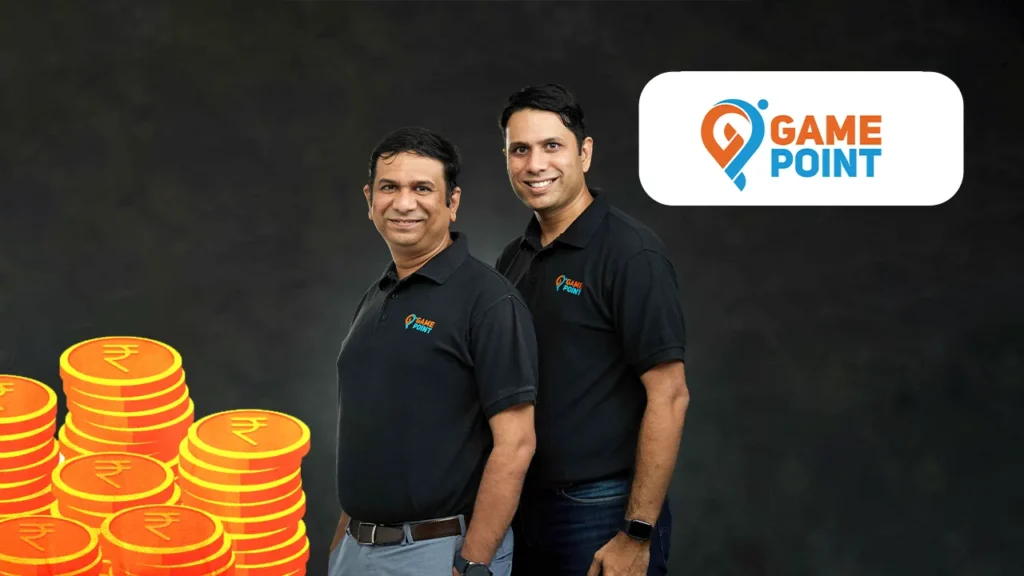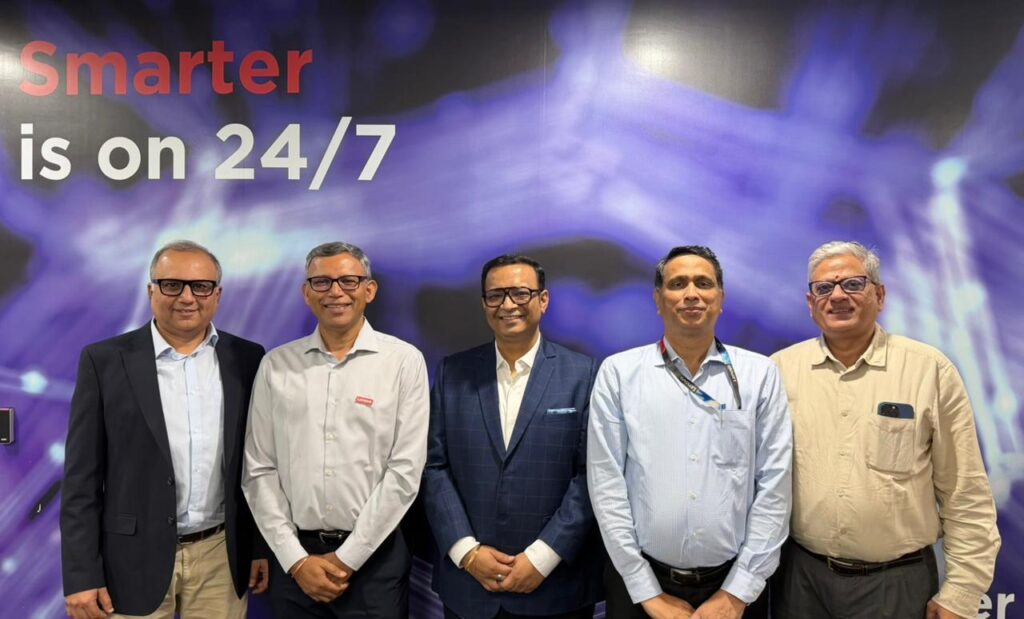Following Blockchain As A Service (BaaS) model, TRST01 allows buyers to build applications and digital services on a distributed network. TRST01 provides these buyers with the infrastructure and blockchain-building tools. Built on the three tenets of Trust, Traceability, and Transparency, Hyderabad’s TRST01 has joined the race to combat the climate crisis.
Currently, carbon offsetting and trading are a solution but the market is highly unorganized, unregulated, and opaque. Big corporations dominate the carbon trading market, making it extremely difficult for people from lower socioeconomic backgrounds to operate. Lately, several blockchain startups have entered this market looking for ways to reduce carbon emissions through Non-Fungible Tokens (NFT).
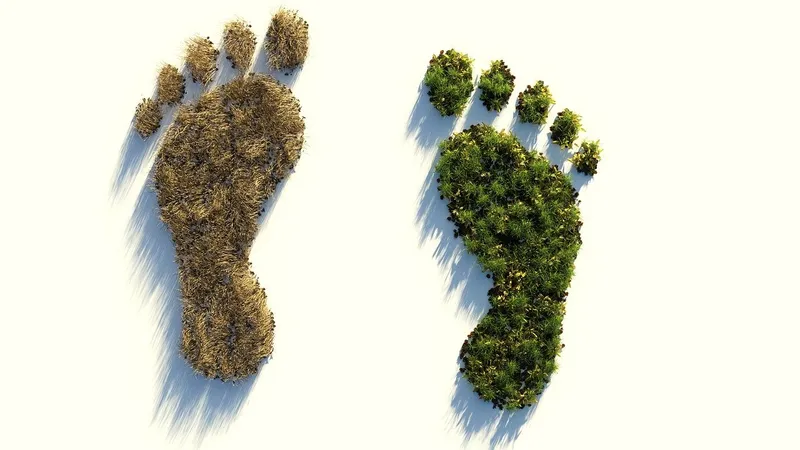
TRST01’s Tokens To The Carbon Rescue
Carbon credit refers to an attempt to remove carbon dioxide from the environment by planting trees and the preservation of forests. Each credit equals one tonne of carbon. However, the current market pain points are double counting of data and poor regulation.
To solve this issue, TRST01 has begun tokenizing the carbon credit generation process through their latest carbon offset NFT token, Bhu, and solar offset NFT token, Arka. These NFTs are ‘Made in India’ becoming India’s first real-world carbon offset NFTs on the OpenSea marketplace. Bhu represents one carbon credit, which is a real-world tradeable asset. Currently, trading happens at carbon exchanges in Singapore, Australia, and London, among others. Internationally, each credit fetches around $20.
Addressing the double counting of data through blockchain technology,
Prabir Mishra, Co-Founder, and CEO of TRST01 Blockchain believe they can make the entire process safe and secure. The NFT provides liquidity to the carbon assets while also making them easily transferable.
How does it work?
Explaining how it works in simple terms, Mr. Prabir took the example of sustainable agriculture. When a farmer opts to use sustainable means to cultivate, it reduces the carbon discharge to the atmosphere. TRST01’s application captures the discharge, measures it, and sends it to the auditor for validation. The amount of carbon reduction then converts into carbon credits. Shifting this process to the blockchain network will enable quicker and more secure capturing and validation. Then, converting it into an NFT gives it a real-world value by making it an actual tradeable asset.
The income from these NFTs is shared across the ecosystem including the farmers, villagers, auditors, validators, & tech partners. However, the intended ultimate beneficiary is the farmers who are helping us in reducing our carbon footprint. Having sold over 500 NFTs so far, Mr. Prabir believes there is scope for Bhu as the size of the carbon offset market can increase from the current $4-5 billion to $400-650 billion by 2030.
Where can you buy it?
Presently, you can buy the Bhu NFT on OpenSea and Rarible Marketplace. It will soon be available on the JupiterMeta in the future. TRST01 is also currently providing tokens through a lottery mechanism. Bhu NFT will have a listing price ranging from $8-$10.
What’s Next?
Aiming to expand to the US, TRST01 is working on 8-10 projects with over 15 clients onboarded. TRST01 also aims to collaborate with the likes of Coromandel Agrico Group and Green Irrigation, among others for its agricultural and seed traceability projects. With a team of 35 members, this Hyderabad-based blockchain startup is aiming to convert carbon emissions one NFT at a time.




